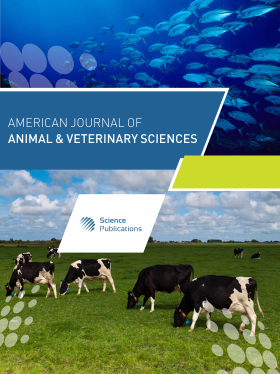RANDOMLY AMPLIFIED POLYMORPHIC DNA-A BRIEF REVIEW
- 1 Birsa Agricultural University, India
Abstract
RAPD is a PCR based technique which involves the use of single arbitrary short primers (8-12 nucleotides), resulting in the amplification of many discrete DNA. The segments of DNA that are amplified are random. The technique was developed independently by two different laboratories and called as RAPD and AP-PCR (Arbitrary Primed PCR). This procedure detects nucleotide sequence polymorphisms in a DNA amplification based assay using only a single primer of arbitrary nucleotide sequence. The RAPD technology has provided a quick and efficient screen for DNA-sequence polymorphisms at a very large no of loci. The present communication gives emphasis on basic knowledge about RAPD, procedure, its advantages disadvantages, limitations and applications of RAPD.
DOI: https://doi.org/10.3844/ajavsp.2014.6.13

- 14,047 Views
- 24,875 Downloads
- 84 Citations
Download
Keywords
- DNA
- PCR
- Polymorphism
- Dendrogram
- Genetic Diversity
